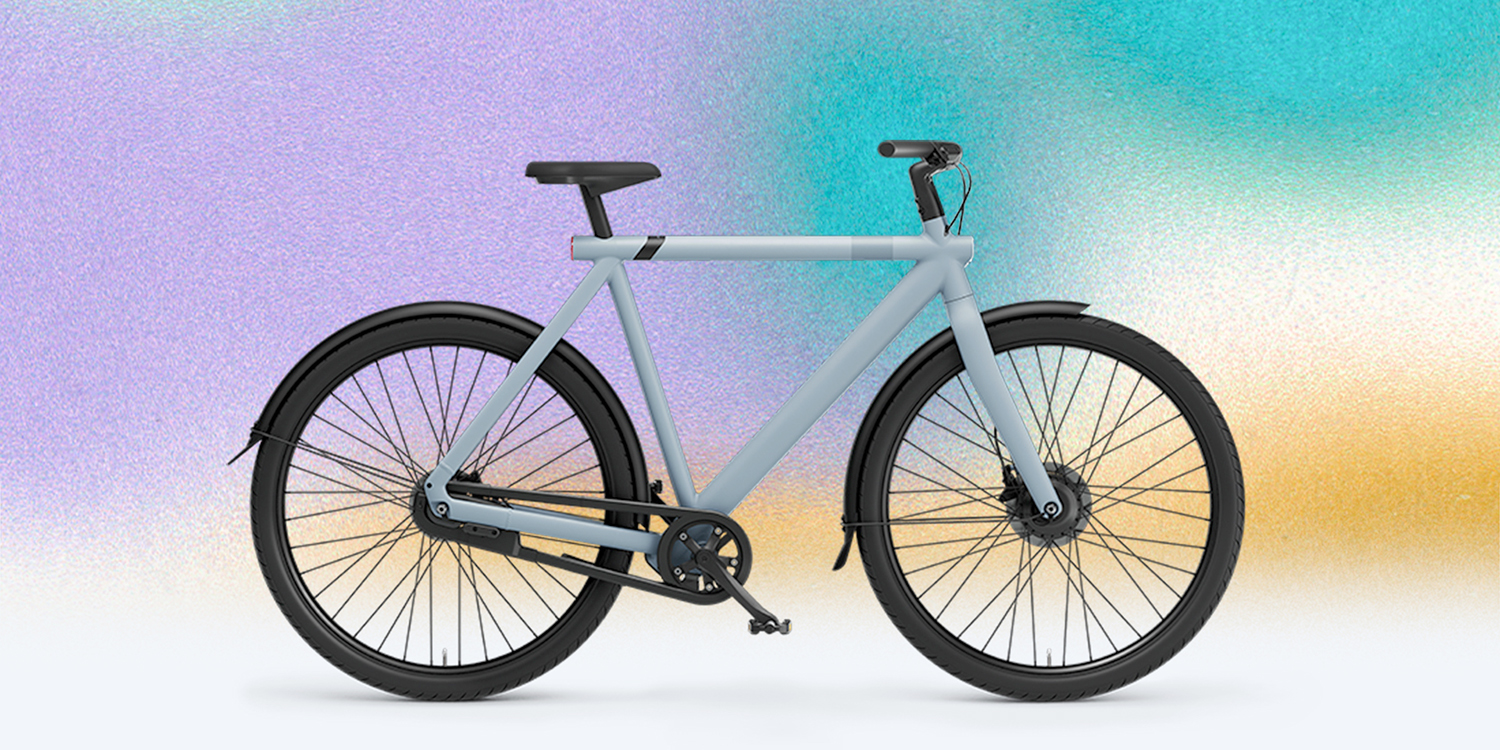
Anyone with a VanMoof ebike is likely concerned after the Dutch company confirmed that it is in financial trouble.
One of those concerns is that an app is required to use many of the smart features of its bikes – and that app relies on communication with VanMoof servers. If the company goes under, and the servers go offline, that could leave ebike owners unable to even unlock their bikes …
VanMoof ebikes
eBikes are extremely popular in the Netherlands, where bicycles are an everyday form of transport for the majority of the urban population. While most ebikes have historically tended to look rather clunky, VanMoof made its name through beautiful-looking bikes that you’d never guess were electric.
Site owner Seth had mixed views when he tried it in hilly territory, but I was impressed when I tested one in the much flatter territory of central London to try out the Find My integration. I especially loved the clean looks, in part made possible by offloading controls to an app.
The VanMoof S3 scores top marks for design. As a fan of minimalism, to me it’s an absolutely gorgeous bike! It has incredibly clean lines, with most of the cable runs hidden; front and rear lights embedded into the top tube; the battery cells hidden inside the frame; no gear lever; a discreet embedded display; and charging socket & power button hidden on the underside of the top tube.
Financial difficulties
The first sign of trouble came those who had placed orders for VanMoof bikes reported delivery delays. This was followed by the company “pausing” new orders. That clearly pointed to serious financial difficulties – as no company wants to stop taking in cash unless it has no choice – and the company confirmed this a few days later.
The company has now sought legal protection using a Dutch mechanism similar to America’s Chapter 11. This allows the company to pause bill payments while it takes time to seek a solution, likely in the form of additional outside investment.
The app problem
VanMoof bikes are sold not just on their design, but on their tech features. A companion app is used for everything from tracking the bike in Apple’s Find My app through changing gear profiles to unlocking the bike.
While unlocking is activated by Bluetooth when your phone comes into range of the bike, it relies on a rolling key code – and that function in turn relies on access to a VanMoof server. If the company goes bust, then no server, no key code generation, no unlock.
Rival ebike company Cowboy has a solution
A rival ebike company, Belgian company Cowboy, has stepped in to offer a solution. TNW reports that it has created an app which allows VanMoof owners to generate and save their own digital key, which can be used in place of one created by a VanMoof server.
If you have a VanMoof bike, grab the app now, as it requires an initial connection to the VanMoof server to fetch your current keycode. If the server goes offline, existing Bikey App users can continue to unlock their bikes, but it will no longer be possible for new users to activate it.
This is a bigger issue than VanMoof
But while that the problem may be solved for VanMoof bike owners, this is a bigger issue. We’re all used to buying expensive pieces of hardware which require companion apps, either to access the full feature set, or to use them at all.
This is the norm with smart home devices. If they are HomeKit-compatible, you may be able to set them up directly in Apple’s Home app, but it’s often the case that you need to use the manufacturer’s own app to access all of the features and settings.
Boosted skateboards are another example, where investors pulled out, another company bought the hardware, but the app disappeared.
Smart speakers commonly require use of a companion app to do things like EQ adjustments, or linking multiple speakers.
Many mirrorless cameras need apps for things like remote control, uploading LUTs, and updating firmware.
Most health and fitness gadgets require an app – from fitness bands through smart scales to Peloton bikes.
In some cases, a companion app may work perfectly well in standalone mode, but it’s surprising how often a server connection is required to access the full feature set.
What’s the solution?
Perhaps we need standards here. For example, requiring all functionality (bar firmware updates) to work without access to an external server.
Where this isn’t technically possible, perhaps there should be a legal requirement for essential software to be automatically open-sourced in the event of bankruptcy, so that there would be the option of techier owners banding together to host and maintain the server-side code?
While I know some US readers roll their eyes whenever the EU is mentioned, this does strike me as a problem that the European Union is perfectly positioned to solve, laying down the necessary consumer protection legislation to mandate this type of solution.
What are your own thoughts? Do we need legislation for this, or are you happy to take your chances? Please take our poll, and share your thoughts in the comments.
FTC: We use income earning auto affiliate links. More.

